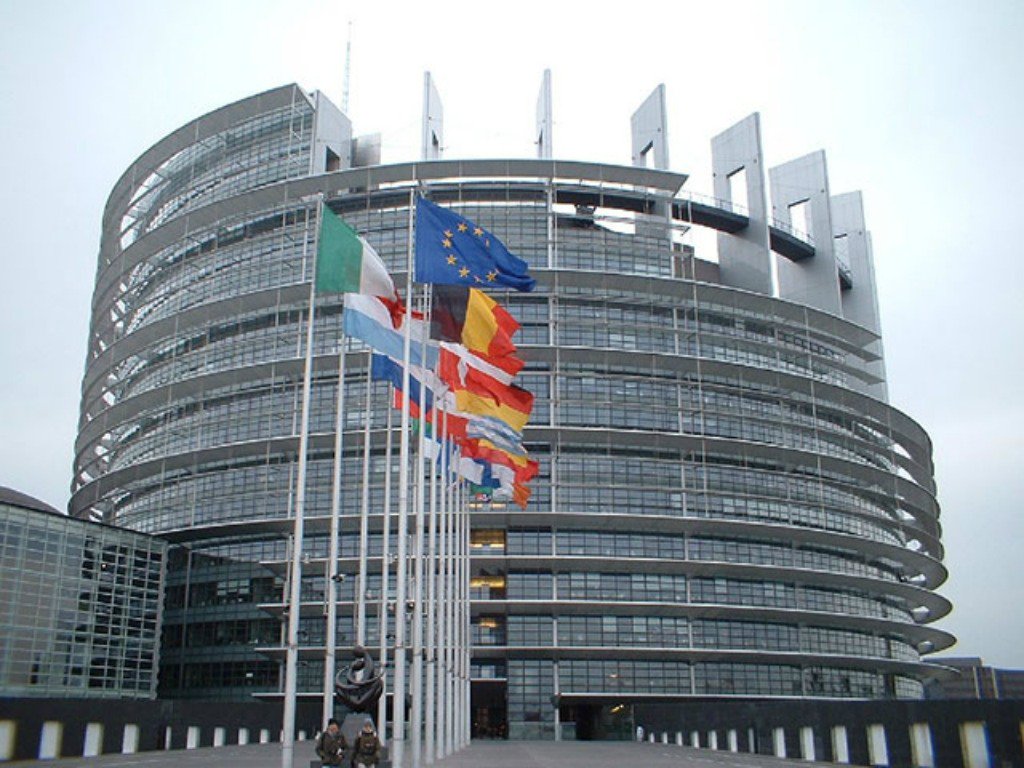Recovery Plan? Unrealistic. Word of the study center of the EU Parliament

Recovery Fund, chronicle of an announced death? Sowing doubt is the study center of the European Parliament, in the analysis of the impact of the Covid pandemic for industries. The Eunews article
Recovery Fund, chronicle of an announced death?
Sowing doubt is the study and research center of the European Parliament, in the analysis on the impact of the Covid pandemic for industries carried out at the request of the Industry and Tourism Commission.
Here, in explaining the economic repercussions of the health crisis and the ensuing confinement, we recall the intervention of the EU to encourage the revival of the economy after its shutdown. And it is in this regard that the ability of Italy and Spain to do their homework, which is anything but easy, is questioned.
When it comes to the pandemic and the relaunch strategy, the study reads, “it is important to recognize that the Recovery Fund has very high objectives, which are bordering on the incompatible and unrealistic”. It is therefore specified that the ambition that national plans are rapidly approved and implemented, reflecting the link with the pandemic, the need for ambitious and transformative plans and reforms with a longer-term vision, are bordering on the unachievable. request to complete milestones to demonstrate progress in a relatively short period in order to receive refunds.
Practically the entire architecture of the recovery plan is called into question. Also because, continues the analysis, “the challenge is aggravated” by the fact that some Member States, “in particular Spain and Italy, are significantly behind in the commitments and payments of the common multi-annual budget 2014-2020”. In essence, they struggle to commit and spend the money that Europe already makes available in normal times. “It is therefore not extravagant to ask how reasonable it is to expect a rapid acceleration in the number of good projects with a long-term transformative vision compared to those of the new multi-year budget”.
All arrows for the bow of those who do not want to know about producing common debt. There is in Europe that is not convinced of putting national resources to help other Member States, especially those considered less deserving. It has already been said that the repetition of a project such as that of the mechanism for the recovery and creation of common debt can only be replicated if it works. So Spain and Italy, which are the ones to have the greatest interests in order for everything to go well, are the ones who risk blowing everything up, according to the researchers of the EU Parliament.
But it is not just a problem of lesser or greater national capacity. It is the whole structure of the strategy as agreed at European level that feeds doubts of feasibility. It is recalled that the European Court of Auditors has "already expressed concern about the high number of objectives, many of which are very short and difficult to monitor". A finding, it is explained, that "highlights the risk of weakening the impact by distributing the funding in a small measure over many areas of intervention". A lot of money everywhere, which becomes insufficient for everyone. This, in essence, is the risk.
Recovery may become the biggest failure in EU history. Assuming you do. Because in the meantime the future of the common strategy is burdened by the 'nein' of the German Constitutional Court, which has suspended the ratification process of the own resources agreement useful for financing the Recovery Fund, waiting to see clearly. There is no trust, and the working document of the Industry Committee of the European Parliament confirms these skepticisms.
Article published on eunews.it
This is a machine translation from Italian language of a post published on Start Magazine at the URL https://www.startmag.it/mondo/recovery-plan-irrealistico-parola-del-centro-studi-del-parlamento-ue/ on Wed, 31 Mar 2021 10:39:16 +0000.
